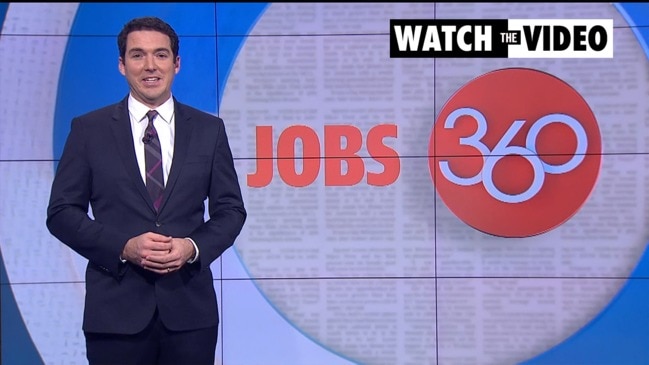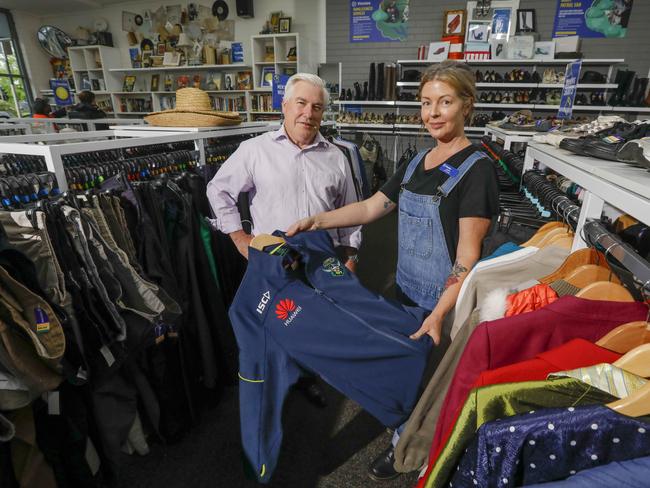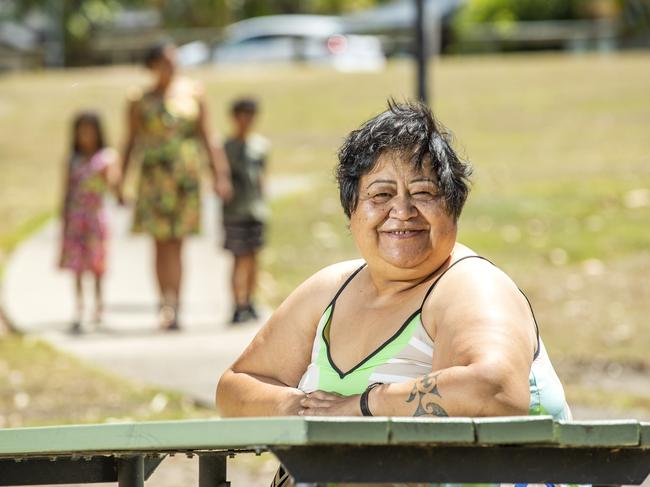Job-wrecking recession turns professionals and tradies into new ‘working poor’
Middle-class professionals and tradies are turning to charity, as the job-wrecking recession hits mortgage repayments and school fees. SEARCH AND SEE WHOSE JOB HAS BEEN HIT

Broke tradies and professionals are turning to charity for handouts to pay mortgages and school fees as the recession creates a hidden underclass of “working poor’’.
Office managers, motor mechanics and carpenters are among the top 10 types of jobs lost during the COVID-19 pandemic.
Childcare workers, receptionists, checkout operators and waiters are joining the growing queue of unemployed or “working poor’’ lining up for welfare payments or charity.
Nearly 45,000 wait staff have lost work in the past year, along with 43,000 checkout operators, 39,000 childcare staff, more than 25,000 receptionists and 28,000 truck drivers.
But the recession is wrecking middle-class professions too, with nearly 16,000 architects losing work, along with more than 26,000 office managers, 13,000 human resource professionals, 12,000 conference and event organisers, 10,000 medical laboratory scientists and 10,000 real estate agents.
Among tradies, nearly 28,000 carpenters lost their jobs between August 2019 and August this year, along with 13,000 chefs, more than 18,000 hairdressers, nearly 20,000 motor mechanics, 15,000 concreters, 10,000 beauty therapists and almost 9000 electricians.
Use our database below and watch our special Jobs 360 investigation above.
Vinnies national chief executive Toby oConnor said JobKeeper payments of $600 per week were not high enough for many middle-class workers to pay their mortgages and school fees.
“People are really needing to swallow their pride,’’ he said yesterday.
“You’re talking about the middle class with mortgages and car payments coming to charities for the very first time.
“Our serious concern is that when JobKeeper is cut (at the end of March) we expect to see more people come to us for assistance – people are going to suddenly find they are going into debt big-time and just don’t have the cash.’’

Australian Council of Social Service (ACOSS) chief executive Cassandra Goldie warned of an emerging underclass of Australians who have lost work or had their hours cut back.
“People have accumulated a lot of debt and are trying to work out which bills they can pay each week,’’ she said.
“Demand for food relief from charities has risen 47 per cent during the COVID period, and one third of tenants are struggling to make ends meet and have recently had to skip meals.
“The scale of unemployment has doubled, and people are not getting enough hours of work — charities are seeing people who have not experienced unemployment before.’’
Mr oConnor said charities were seeing fewer unemployed people relying on Jobseeker since the Federal Government began paying a $250 fortnightly coronavirus supplement in April.
But he predicted the jobless would flood charities for help once JobSeeker payments revert to standard rates of $282 per week for a single person from January 1.

Gold Coast grandmother Vanessa Mikaere, 60, is grateful to The Smith Family, Suncorp and Optus for a donated laptop and data to be shared among her four grandchildren, aged seven to 14, after their state school failed to provide laptops for home schooling.
“It was a case of first in, best dressed, and we missed out so they were always running a week or two behind in all the work that had to be submitted,’’ she said.
“If they don’t get educated now they won’t have a future.’’
Ms Mikaere, who cares for her grandchildren alone, said she had raised them “on the smell of an oily rag” and gone without medication to pay for their food.
Smith Family chief executive Dr Lisa O’Brien said yesterday that one in six Australian children – or 1.2 million kids – are living in poverty.
She said nearly a quarter of the 50,000 disadvantaged students in The Smith Family’s Learning for Life program did not have a home computer with reliable internet access.
“Many parents still aren’t able to afford the digital devices and internet access their children need to keep up with their learning,’’ she said.
MORE NEWS
MORE YOUNG AUSSIES RELY ON BANK OF MUM AND DAD
PANDEMIC PANIC SENDS DOCTORS BROKE
TEACHERS SPEND OWN MONEY ON POOR STUDENTS
Vinnies Queensland chief executive Kevin Mercer said the working poor were seeking donations and loans to help to pay power bills, mortgages and even school fees.
“If they don’t get help to get through the short term, they could be at high risk of homelessness and long-term unemployment,’’ he said.
“They’ve had good jobs and been employed all their lives and now all they’ve got is at risk.
“People are coming to us for help with school fees – they’ve lost their jobs and don’t want kids pulled out of school.’’
Mr Mercer said some families were deemed “too wealthy for welfare’’ but still needed support to pay bills.
“There’s a bit of stigma about reaching out to charity but there is no shame,’’ he said.
“We’re not going to judge people on their circumstances and if they reach out we’ll help them through it.’’
How to help:

